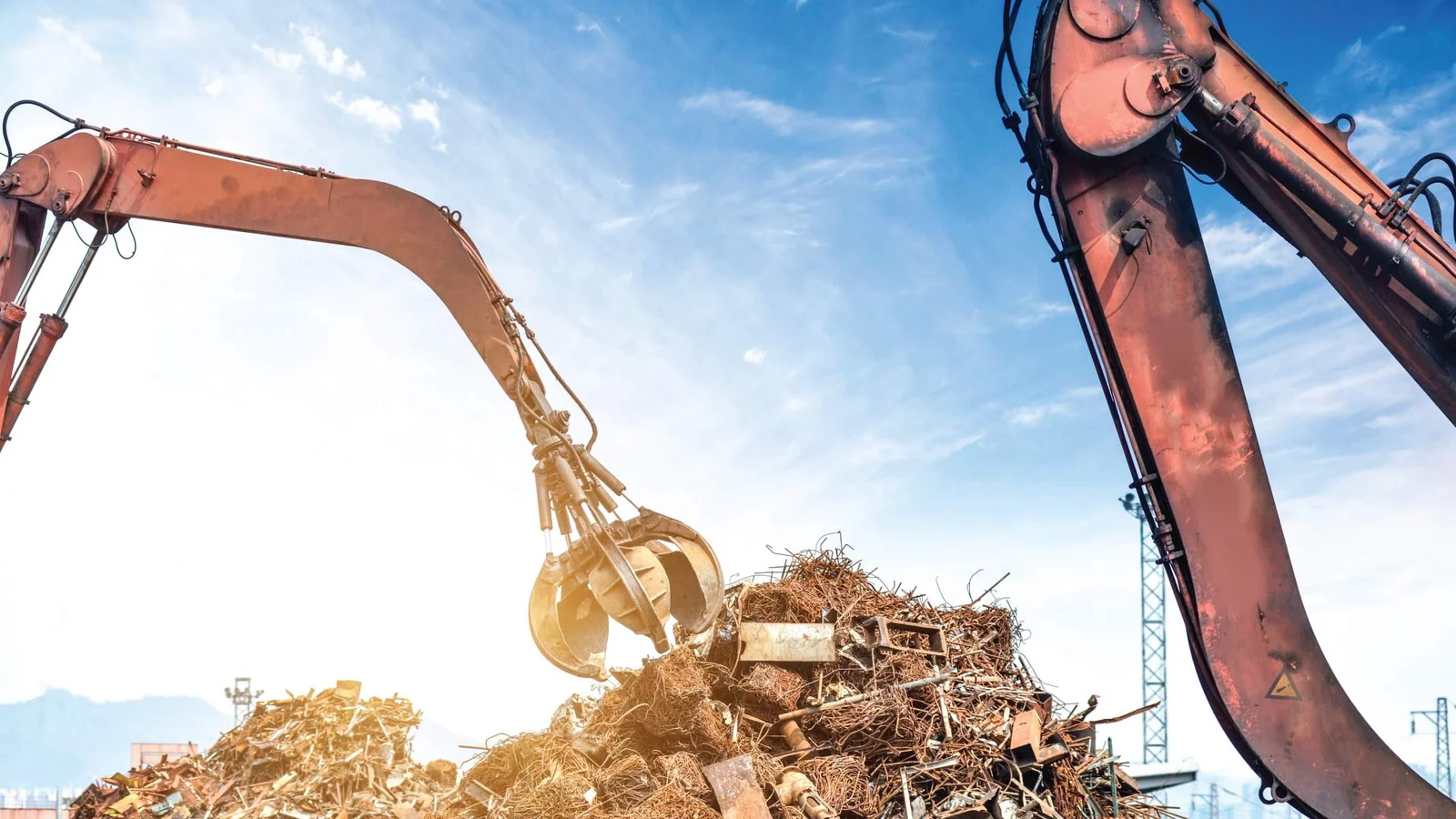Demolition is an essential phase of urban development, yet it is also one of the largest contributors to construction-related waste. As cities expand and old structures make way for new ones, the environmental footprint of demolition activities continues to grow. In response, eco-friendly demolition waste management has emerged as a critical strategy to ensure sustainability in construction and urban planning. This approach emphasizes reuse, recycling, and responsible disposal to reduce landfill burden and lower emissions while conserving resources.
The Environmental Impact of Traditional Demolition
Conventional demolition methods often lead to the indiscriminate dumping of large volumes of materials, including concrete, wood, metal, and hazardous substances. These materials, when not handled responsibly, pollute soil, water, and air. The transportation of waste to landfills adds to fuel consumption and greenhouse gas emissions. Without proper waste management, demolition contributes to resource depletion and hinders the global effort toward sustainability.
What Is Eco-Friendly Demolition Waste Management
Eco-friendly demolition waste management refers to a systematic process that minimizes waste generation during the demolition phase. It involves detailed planning, selective deconstruction, and categorization of materials for recycling or reuse. Unlike traditional demolition, this method seeks to recover as much material as possible, avoiding unnecessary destruction of reusable components and ensuring hazardous waste is handled with care.
Key Practices That Define Sustainable Demolition
Sustainable demolition begins with pre-demolition audits that identify salvageable materials and plan for efficient sorting. Manual dismantling is often preferred over mechanical demolition to preserve material quality. On-site sorting and categorization streamline the recycling process. Partnering with local recycling facilities ensures that recovered materials are reintegrated into future construction projects, reducing the need for virgin resources.
Benefits of Eco-Friendly Waste Management in Demolition
Implementing eco-friendly demolition waste management not only benefits the environment but also creates economic and social value. It reduces disposal costs, extends the lifespan of landfills, and generates jobs in recycling and material recovery sectors. Buildings certified under green rating systems also gain recognition and incentives, aligning with broader sustainability and ESG goals.
Material Recovery and Circular Economy Integration
The circular economy concept plays a central role in eco-friendly demolition. Rather than viewing demolition debris as waste, this approach treats it as input for new construction cycles. Bricks, steel, timber, glass, and insulation materials can often be reused with minimal processing. This reduces the demand for new raw materials and creates a closed-loop system that supports sustainable urban development.
Regulations and Standards Supporting Sustainable Demolition
Governments and industry bodies are increasingly promoting regulations that encourage responsible demolition. Mandates for waste diversion targets, landfill restrictions, and building codes that consider end-of-life recyclability are shaping how demolition projects are executed. Compliance with these regulations not only avoids penalties but also demonstrates corporate responsibility and environmental stewardship.
The Role of Technology in Waste Reduction
Technology enables smarter demolition through data-driven planning, 3D building scans, and AI-based material tracking systems. These tools help project managers identify opportunities for material recovery and optimize demolition workflows for efficiency. Drones and IoT sensors further improve site monitoring and safety, ensuring that sustainability goals are met without compromising operational effectiveness.
For more info https://bi-journal.com/eco-friendly-demolition-waste-management/
Conclusion
Eco-friendly demolition waste management is no longer an optional practice but a vital component of responsible construction and urban planning. As cities aim to reduce their environmental footprint, embracing sustainable demolition practices ensures that growth does not come at the planet’s expense. From resource conservation to emission reduction, managing demolition waste responsibly shapes a more resilient and eco-conscious future for the built environment. Adopting this approach not only protects ecosystems but also reinforces the value of sustainability across the construction industry.

